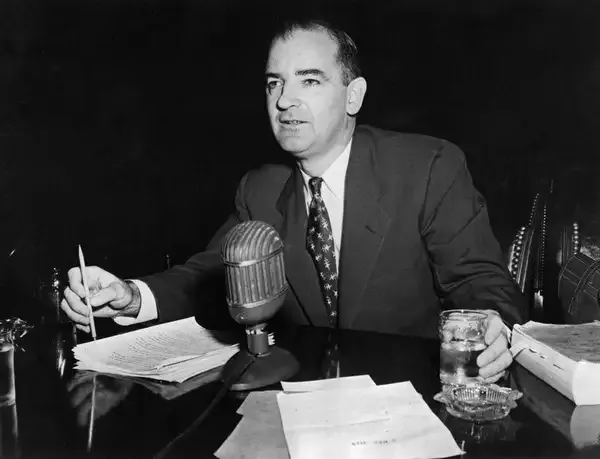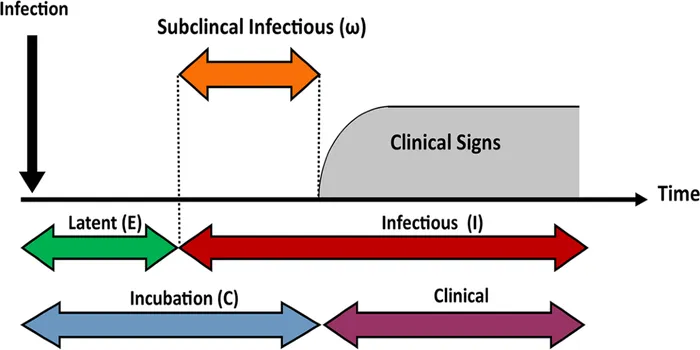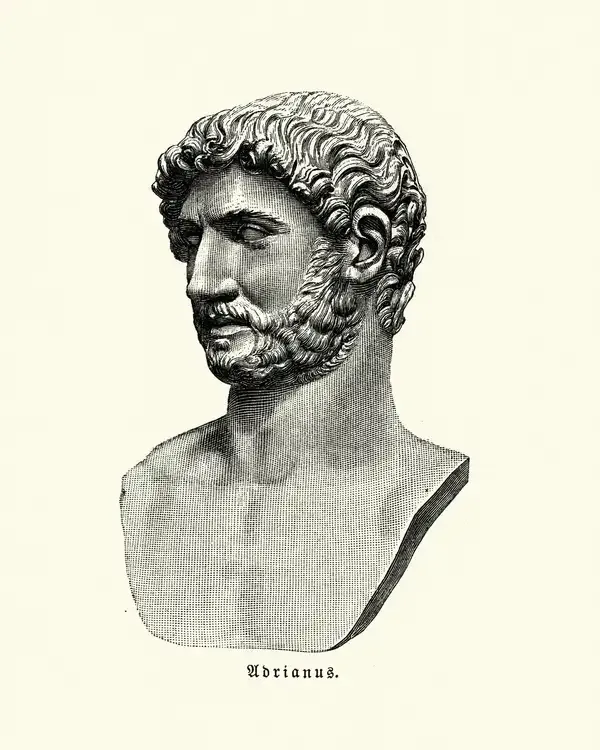Did Joseph McCarthy cause the Red Scare of the 1950s?
Joseph McCarthy significantly fueled the Red Scare of the 1950s through his aggressive anti-communist investigations and rhetoric. As a U.S. senator, he claimed that numerous communists and Soviet spies had infiltrated the U.S. government, exacerbating public fears. His sensational accusations, often lacking evidence, led to widespread paranoia and a culture of suspicion, contributing to the era's intense anti-communist sentiment. While not the sole cause, McCarthy's actions were pivotal in heightening the period's hysteria.

The Red Scare of the 1950s was a significant period in American history characterized by intense fear of communist influence and espionage. Central to this era was Senator Joseph McCarthy, whose actions and rhetoric have led many to question whether he was the main architect of the Red Scare. This article will explore McCarthy's role, the broader context of the Red Scare, and the lasting implications of this tumultuous time.
Understanding the Red Scare
The Red Scare refers to two distinct periods in American history where fear of communism led to widespread panic and paranoia. The first scare occurred after World War I, but the second, more intense wave took place in the late 1940s and early 1950s. This second phase was marked by heightened anxiety over the Soviet Union's growing power and the spread of communism around the globe.
In this climate of fear, government officials, media, and the public became increasingly suspicious of anyone associated with leftist ideologies. The ''Second Red Scare'' fueled a nationwide witch hunt for alleged communists, with many lives and careers destroyed in the process.
Joseph McCarthy's Rise to Prominence
Joseph McCarthy, a Republican senator from Wisconsin, rose to national prominence in 1950 when he claimed to have a list of communists working in the U.S. government. His allegations were unsubstantiated, yet they resonated deeply with a public already gripped by fear. McCarthy's ability to manipulate media coverage and public sentiment allowed him to maintain his influence for several years.
His tactics included aggressive questioning and public hearings, where he often accused individuals without providing concrete evidence. This led to a significant erosion of civil liberties as many were unjustly accused and blacklisted. The ''McCarthy era'' became synonymous with political repression and paranoia.
The Role of Other Factors in the Red Scare
While McCarthy played a pivotal role in magnifying the ''Red Scare'', it is crucial to recognize that he was not the sole cause. Several other factors contributed to the atmosphere of fear during this period:
| Factors Contributing to the Red Scare | Description |
|---|---|
| The Cold War | The ongoing geopolitical tension between the United States and the Soviet Union created a backdrop of fear regarding communist infiltration. |
| Hollywood Blacklist | Many actors, writers, and directors were accused of communist sympathies, leading to a blacklist that ruined careers and stifled artistic expression. |
| Federal Investigations | Government agencies, such as the FBI, actively sought to root out suspected communists, further fueling the hysteria. |
| The Korean War | The outbreak of the Korean War in 1950 heightened fears of communist expansion, leading to increased public support for McCarthy's crusade. |
McCarthy's Downfall
As the 1950s progressed, McCarthy's influence began to wane. His aggressive tactics eventually backfired, particularly in the televised Army-McCarthy hearings of 1954, where his bullying tactics were exposed to a wider audience. The public began to view him as a bully rather than a protector against communism.
In December 1954, the Senate voted to censure McCarthy for his conduct, marking a significant turning point in his career. His downfall signaled the beginning of the end for the Red Scare, as the public grew weary of the paranoia and injustice that had characterized the era.
Legacy of the Red Scare and McCarthyism
The legacy of the Red Scare and McCarthyism continues to impact American society and politics. The events of this period serve as a cautionary tale about the dangers of fanaticism and the erosion of civil liberties in the name of national security. McCarthy's name has become synonymous with reckless accusations and the abuse of power.
Moreover, the ''McCarthy era'' has left a lasting imprint on American culture, influencing literature, film, and political discourse. The phrase "McCarthyism" is now widely used to describe any political practice that seeks to suppress dissent through fear and intimidation.
Conclusion
In conclusion, while Joseph McCarthy was a significant figure in the ''Red Scare'' of the 1950s, he was not the sole architect of this period of fear and repression. His actions were part of a broader context that included geopolitical tensions, societal anxieties, and institutional responses to perceived threats. Understanding this multifaceted history is essential for recognizing the delicate balance between security and liberty in contemporary society.
As we reflect on this chapter in American history, it is crucial to remain vigilant against the forces that seek to divide us through fear and suspicion. The lessons learned from the Red Scare serve as a reminder of the importance of protecting civil liberties, even in times of crisis.












